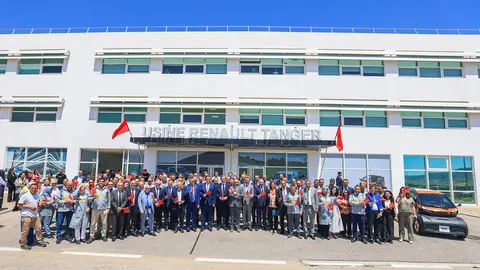Morocco, the future regional hub for lithium and electric batteries
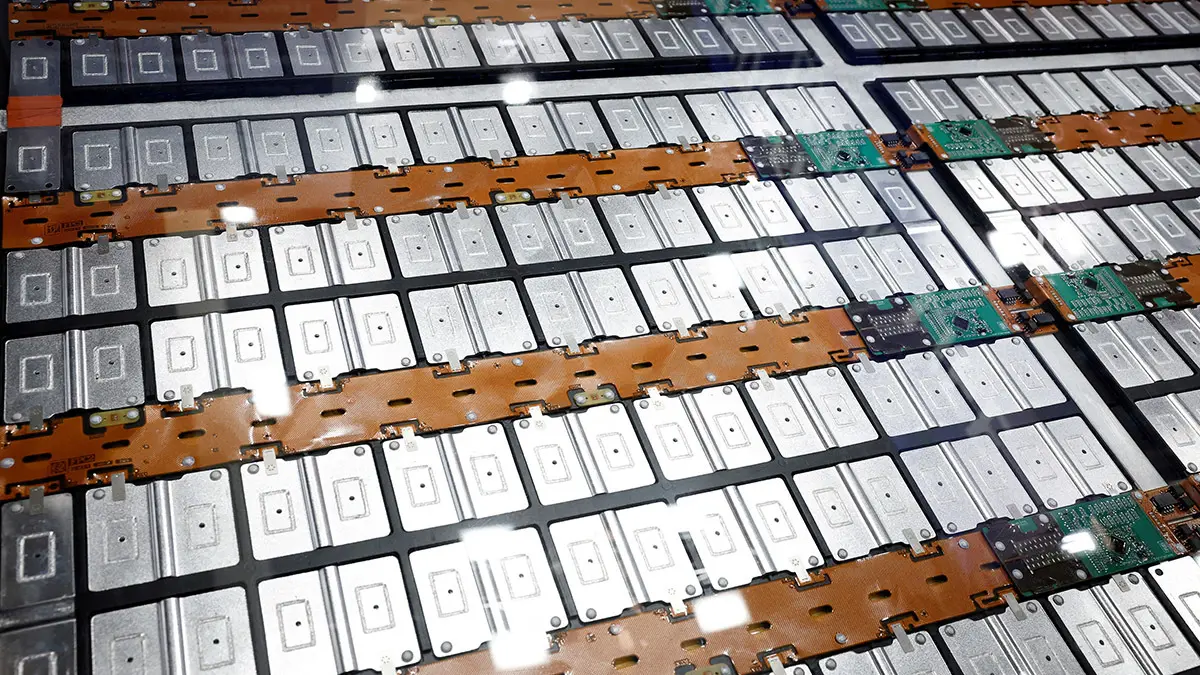
- Tariff advantages
- A new stage in Morocco's green industrialisation
- Cutting-edge technology projects
- Economic diplomacy: natural resources and decarbonisation
Thanks to its natural resources, advantageous geographical position and strategic partnerships with global players, Morocco aims to become a regional hub for sustainable technologies for Africa and Europe by investing heavily in the lithium and electric battery industry.
The country aims to develop electric vehicle battery production capacity that meets global expectations, supported by competitive production costs.
Today, a battery produced in Morocco costs almost 36% less than a similar battery manufactured in Asia, representing an opportunity for foreign investors seeking more affordable electricity costs and an optimised local supply chain.
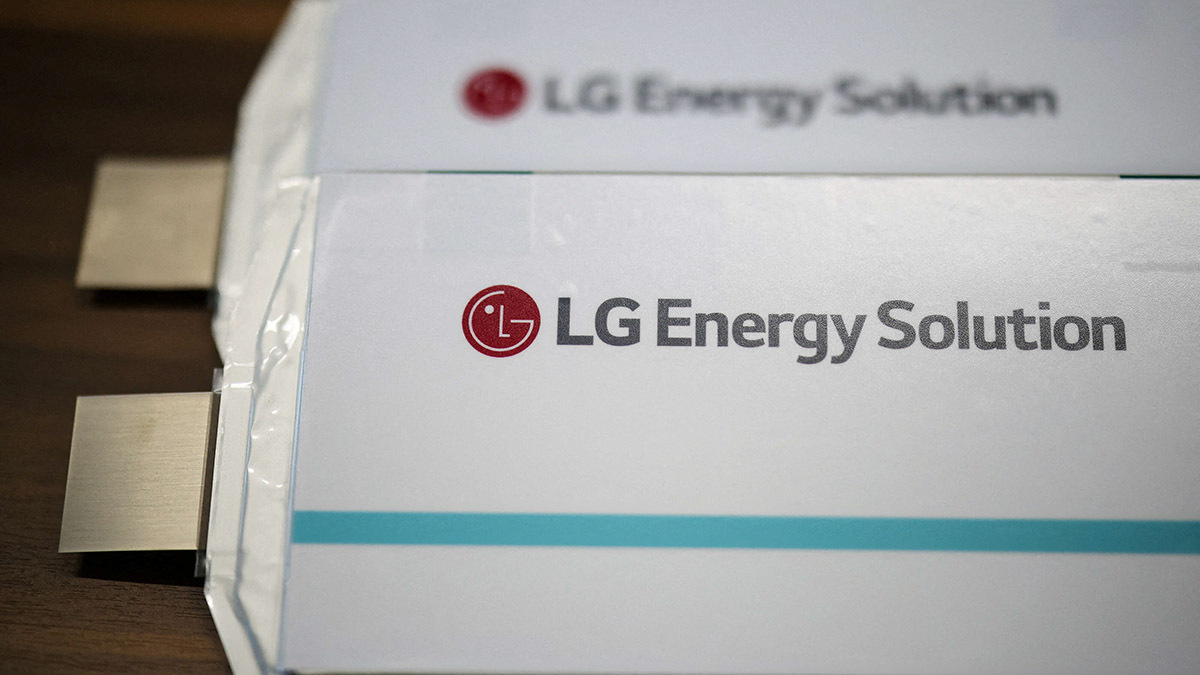
Tariff advantages
Against a backdrop of rapid growth in the global electric vehicle market and tighter regulations and policy measures, Morocco is positioning itself, thanks to its tariff advantages, as a strategic and competitive supplier for European car manufacturers, thanks to its willingness to play a central role in the new industrial geography of green energy.
In this regard, the country is emerging as a future regional hub for lithium and electric batteries, thanks to its agreements with the South Korean giant and world leader in energy storage solutions, LG Energy Solution, and with the Chinese lithium specialist Yahua Group.
A new stage in Morocco's green industrialisation
As part of a strategy to make Morocco a leading industrial platform in strategic sectors related to the energy transition, the project to create a lithium refining unit, led by LG Energy Solution and Yahua, is in line with the strategy to achieve sustainable industrial development and attract high value-added investment.
With an initial investment of more than 5.5 billion dirhams (523 million euros), the project has officially been granted the status of strategic project with the highest level of state support in terms of access to land, administrative support and integration into national logistics chains.
This dynamic will have synergies in related sectors such as applied research, specialised logistics, sustainable development and technical training.
In addition to participating in the creation of an industrial cluster dedicated to materials for the battery industry, the lithium refining unit will generate more than 430 direct jobs, mostly highly skilled positions.
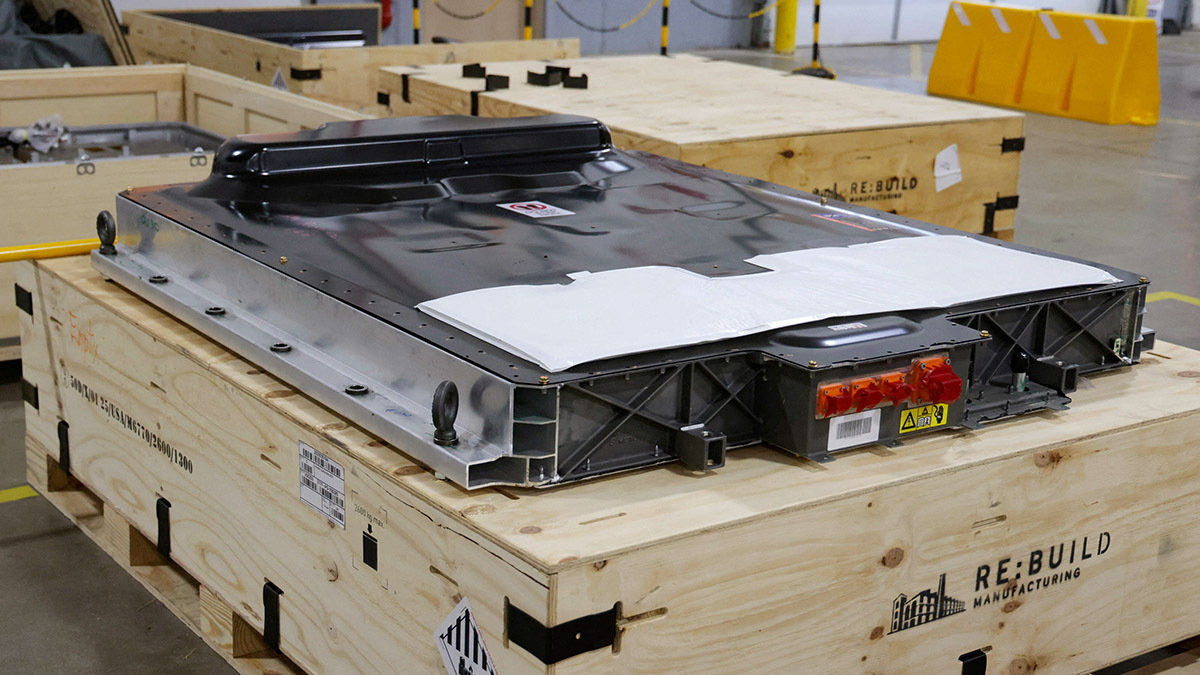
Cutting-edge technology projects
With the opening of a first production unit for lithium-ion battery materials in Jorf Lasfar, COBCO has begun the creation of a strategic industrial ecosystem in Morocco dedicated to electric mobility and energy storage.
With a capacity equivalent to 70 GWh/year, this platform will be able to equip up to one million electric vehicles each year. Spread over more than 200 hectares, this structuring project is the first of its kind outside Asia for the manufacture of NMC cathode precursors as key components of electric vehicle batteries (nickel-manganese-cobalt).
The complex will include 120,000 tonnes/year of NMC precursors, 60,000 tonnes/year of LFP (lithium-iron-phosphate) cathodes, as well as critical metal refining and recycling units capable of processing more than 60,000 tonnes/year.
The result of a partnership between the pan-African investment fund AL MADA and the Chinese group CNGR Advanced Materials, the high-strategic value COBCO project located in Jorf Lasfar benefits from its proximity to Europe and the United States, access to competitive green energy, the Kingdom's mineral wealth and its network of free trade agreements.
The project is expected to create 1,800 direct skilled jobs and many more indirect jobs, in addition to the 5,000 jobs that will be generated during the construction phase.
Designed as a low-carbon site, the complex is based on an ambitious ESG strategy: 80% green energy by 2025 (100% by 2026), use of desalinated water, industrial recycling and international environmental certifications (ISO 14064, ISO 14044, ISO 50001).
With this first strategic industrial base, Morocco is reaffirming its commitment to building a new generation of competitive, sustainable and integrated industry geared towards the needs of future markets, thereby establishing itself as a key player in green technologies on a global scale.
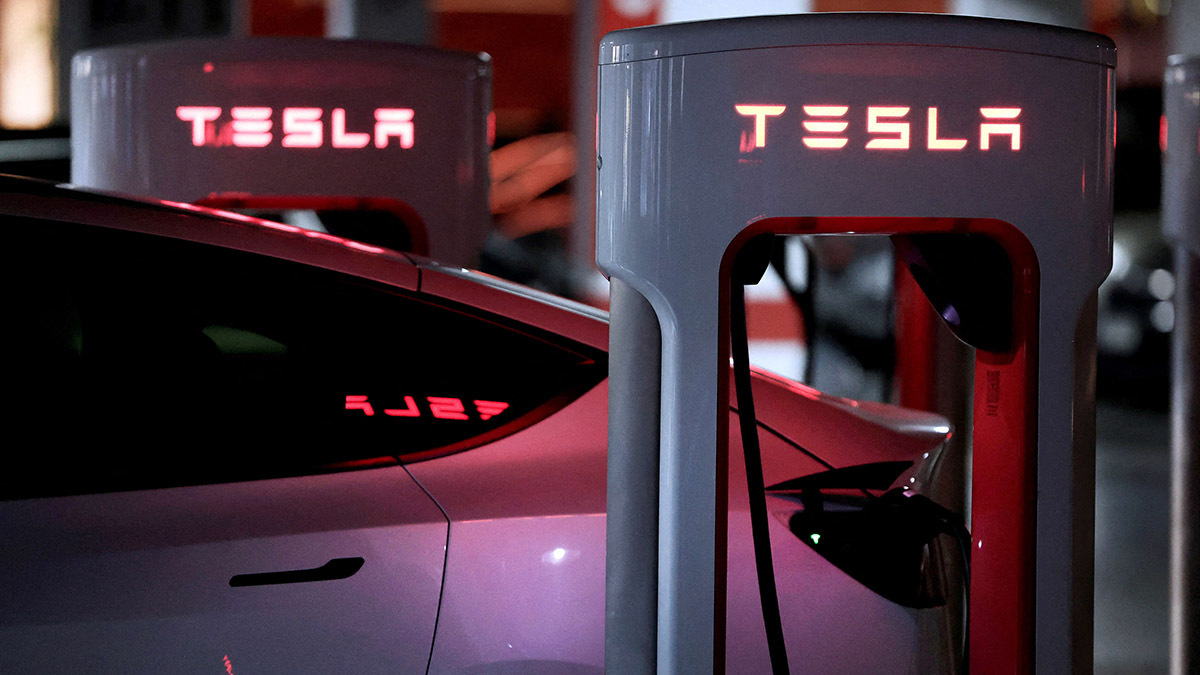
Economic diplomacy: natural resources and decarbonisation
Morocco's economic diplomacy considers the battery sector to be an essential lever for attracting investment and strengthening its global competitiveness. Following its agreements with France as a strategic partner in this field, Morocco has consolidated new alliances with other global players, such as China, Japan and the United States.
Through this diplomatic drive, Morocco is not only seeking to become a player in the electric battery sector and position itself as a model of sustainable industrial development for the MENA region, but also to consolidate its position as a privileged partner in green technologies.
Its green industrialisation roadmap is based on effective economic diplomacy, local resources, strategic partnerships and a decarbonised energy infrastructure.
To anticipate climate and economic challenges and support this ambition, Morocco is exploiting strategic natural resources, being the world's tenth largest producer of cobalt in particular. This key element, essential for battery manufacturing, strengthens the country's position on the international stage thanks to its rapid decarbonisation strategy.
In this vein, access to green electricity will strengthen the competitiveness of Moroccan batteries in the European market, given the new regulations that will come into force in early 2026 with the carbon tax on imported products.
Morocco has a strong industrial base and long-term economic prospects that aim to improve its energy infrastructure and move the industry towards fully green electricity within a few years.
Another opportunity to strengthen the country's trade balance and establish its position as a regional leader in sustainable technology is green hydrogen, a sector that is currently developing and could also play a role in the production of synthetic fuels for transport, thereby increasing Morocco's export capacity for sustainable products.
The development of charging stations is another strategic aspect, given the demand that will grow with the increase in the number of electric vehicles (20 million by 2025), which will create a need for charging points and make Morocco an important supplier for the entire MENA region.
With an annual production of 700,000 vehicles and 250 equipment manufacturers operating in the country, Morocco is Africa's leading car producer and the second largest exporter to Europe. This success of the Moroccan automotive industry provides a solid foundation for new investments in the electric battery value chain to reach 400 billion dirhams by 2030.

